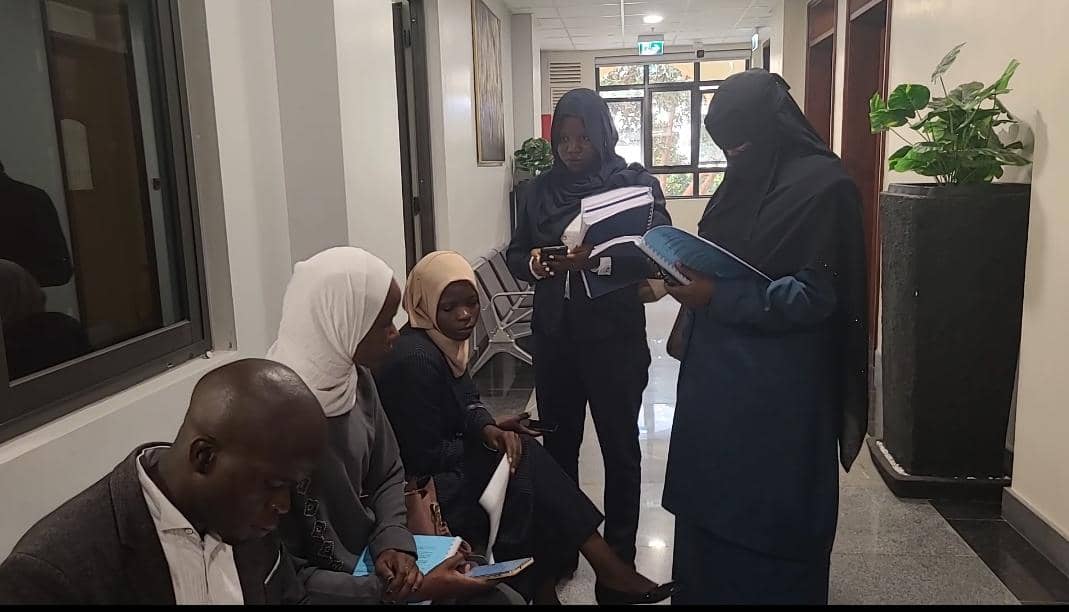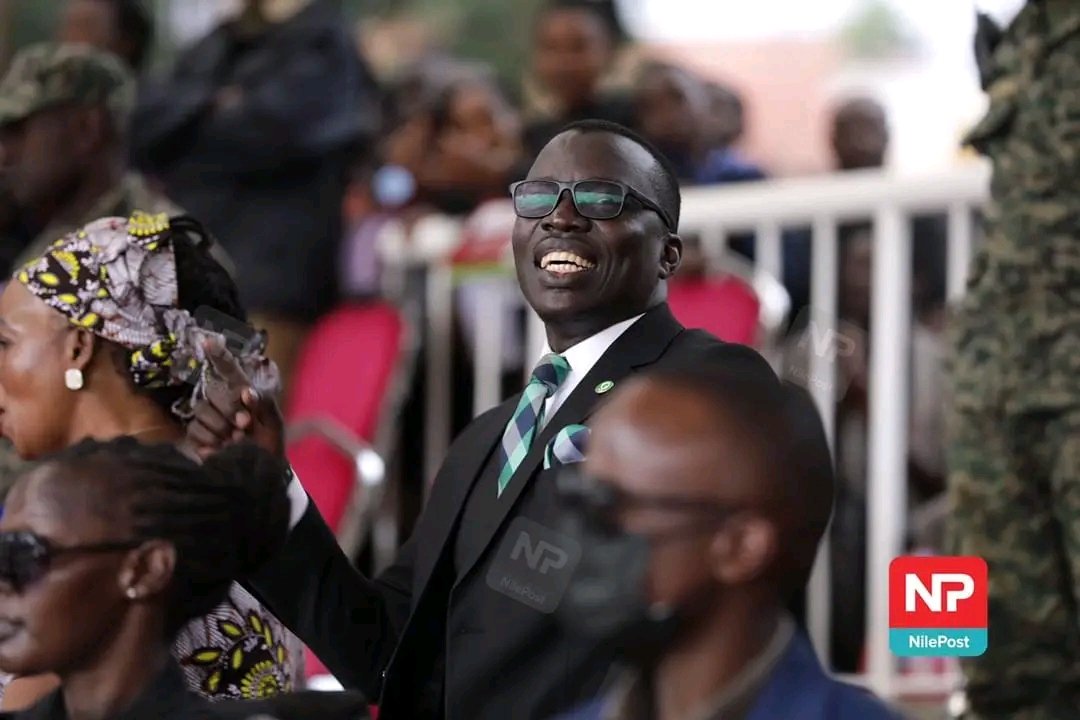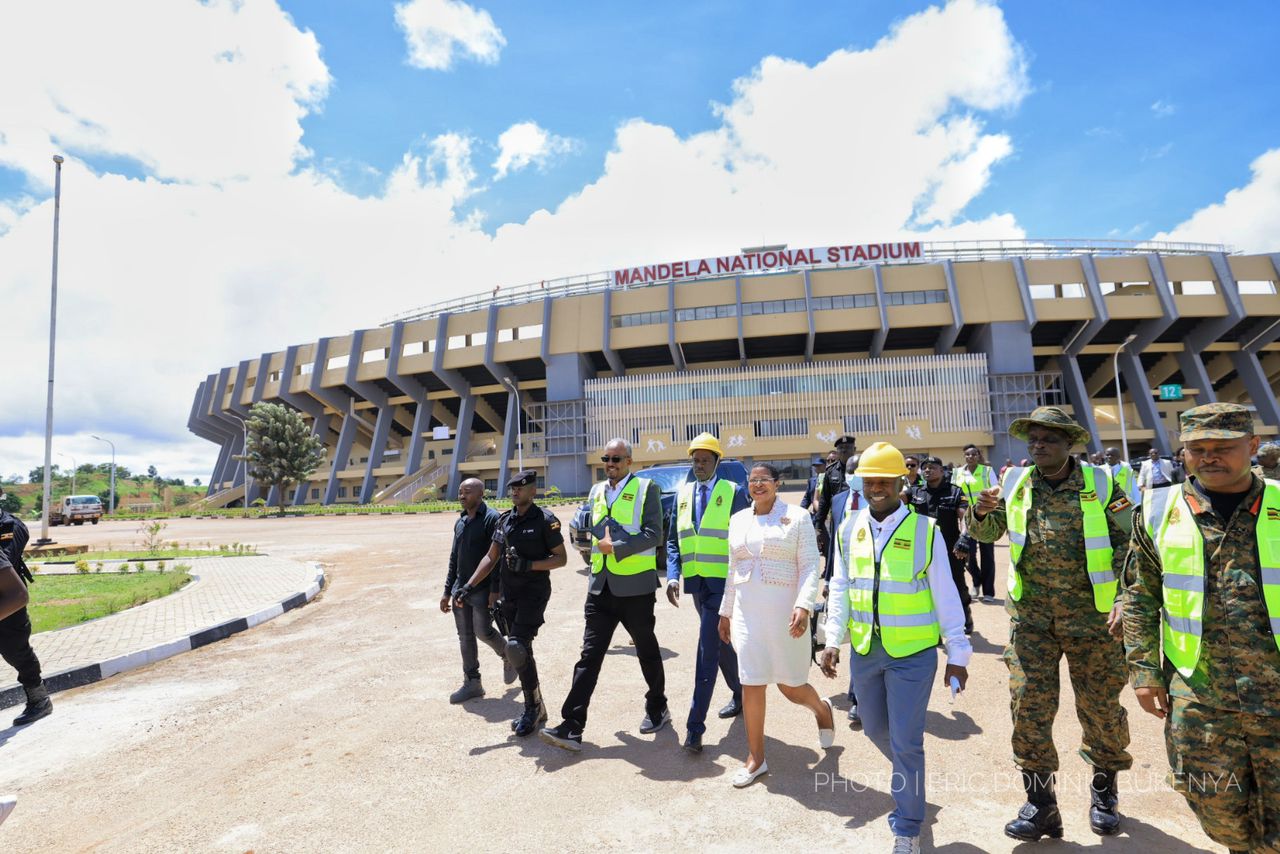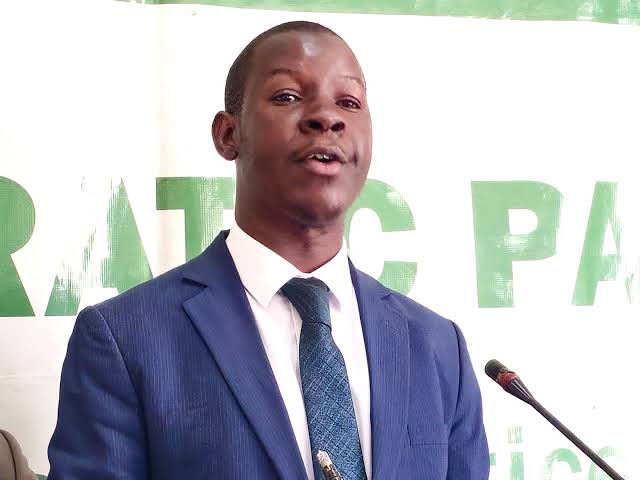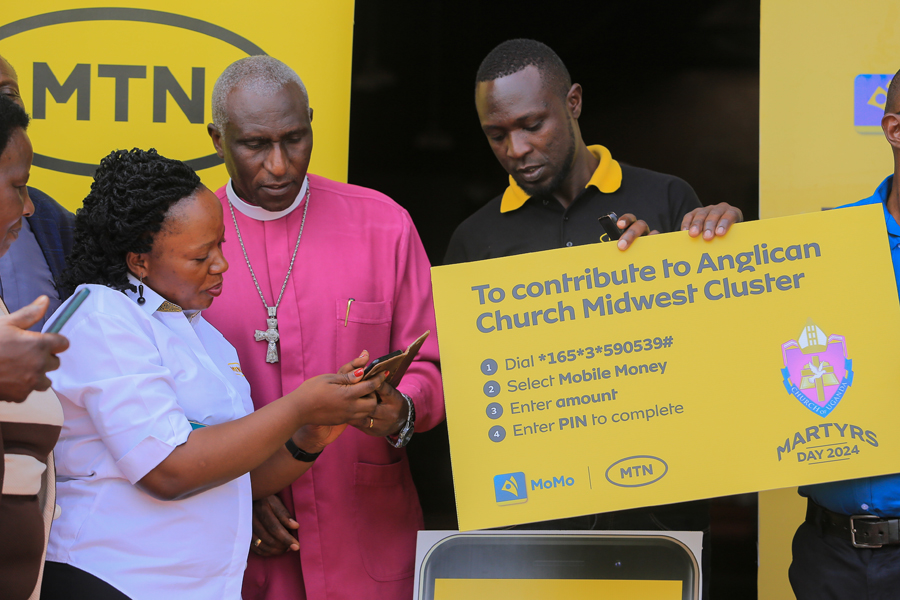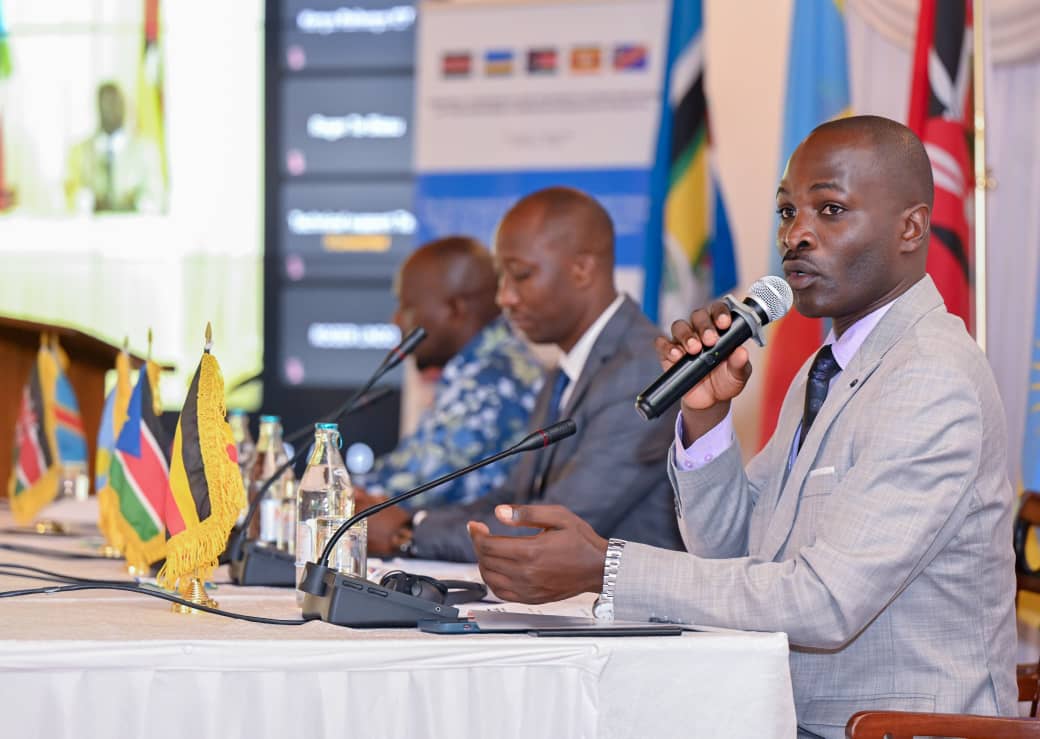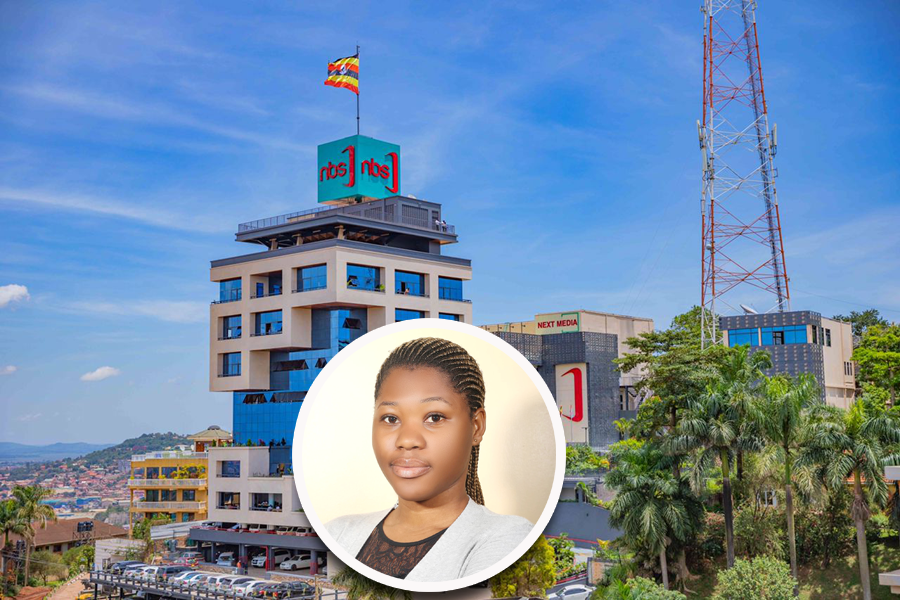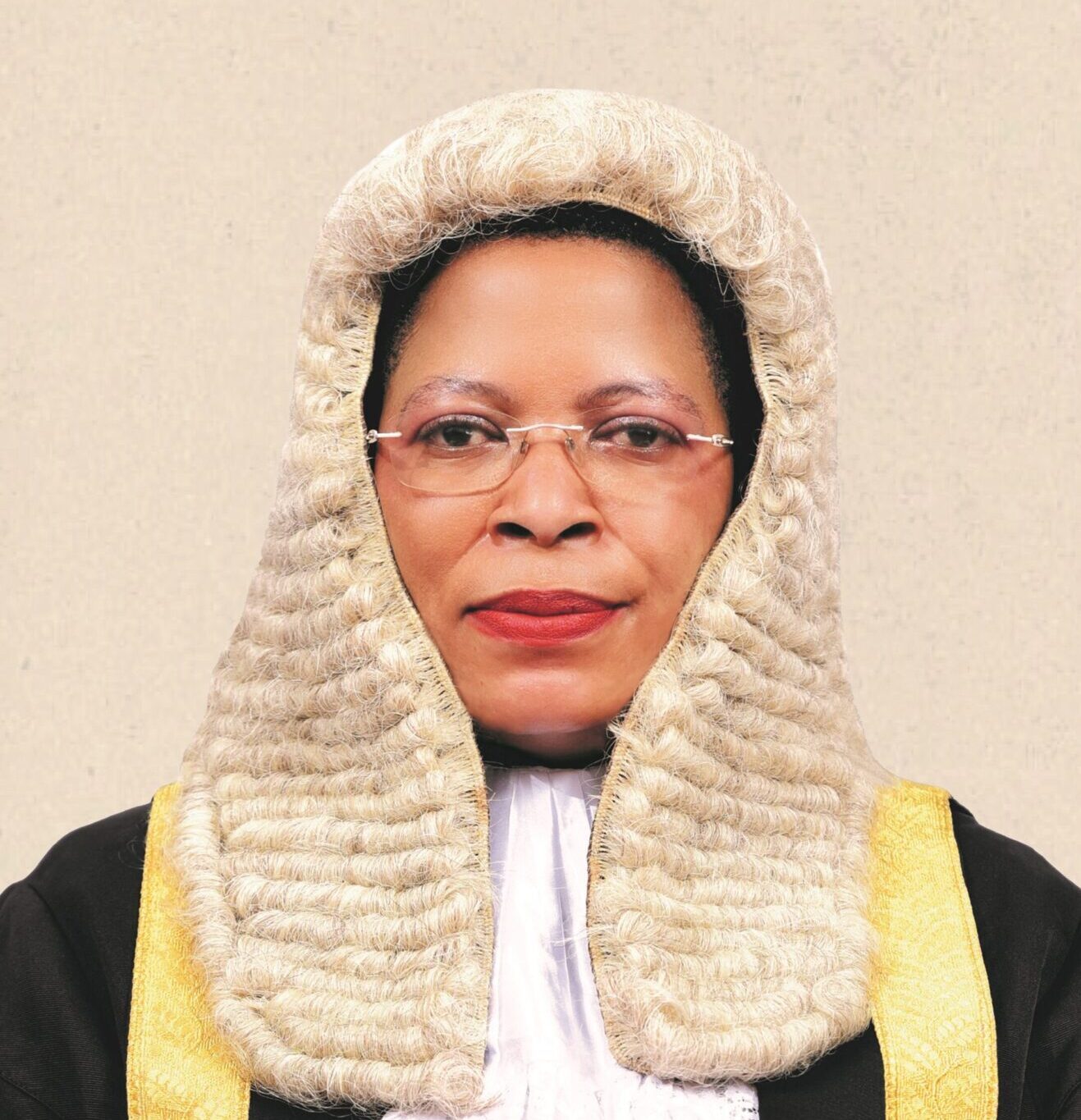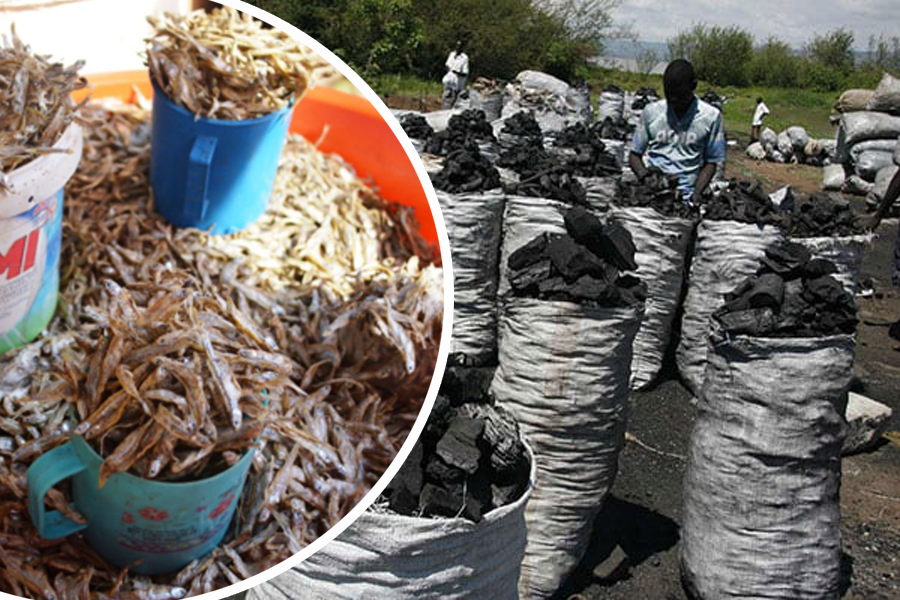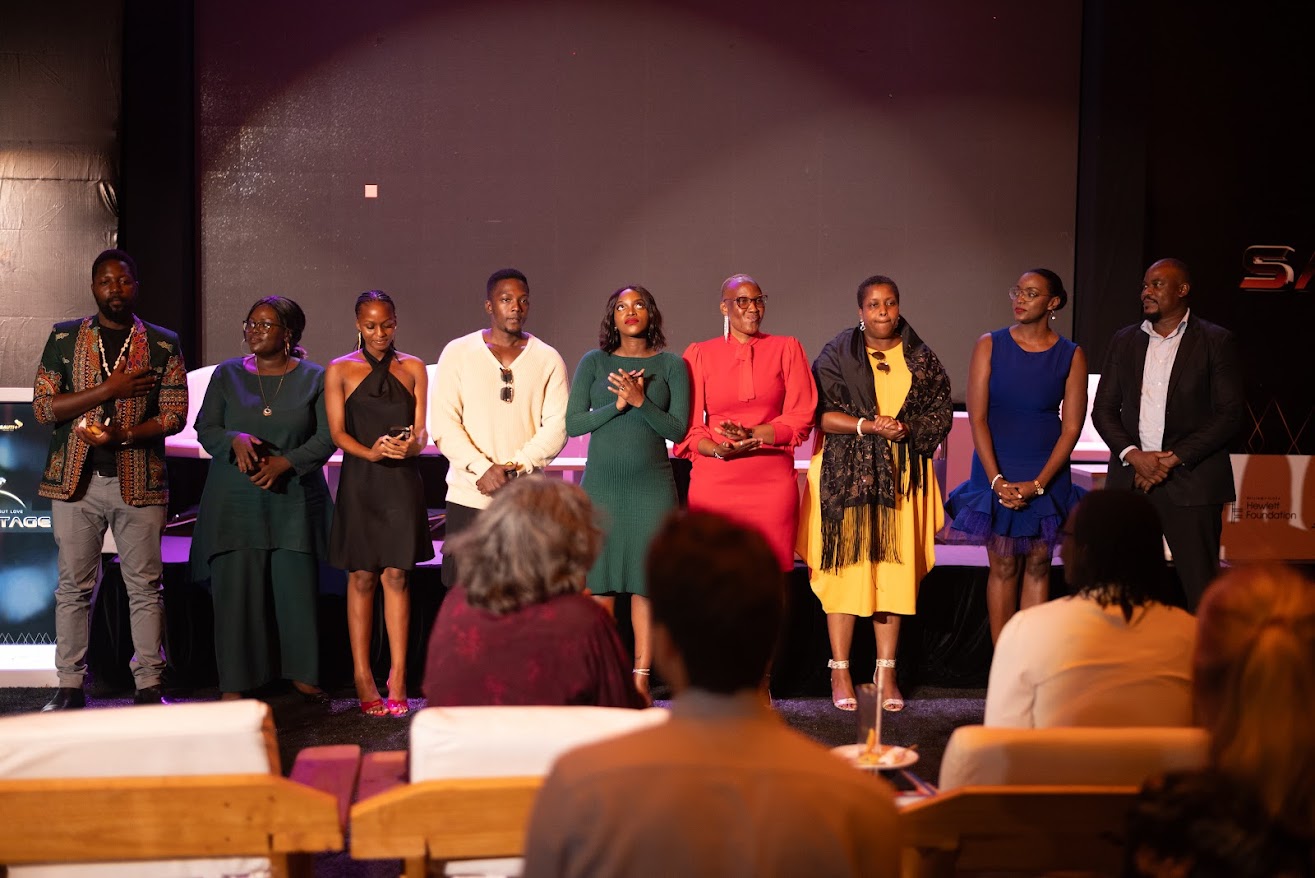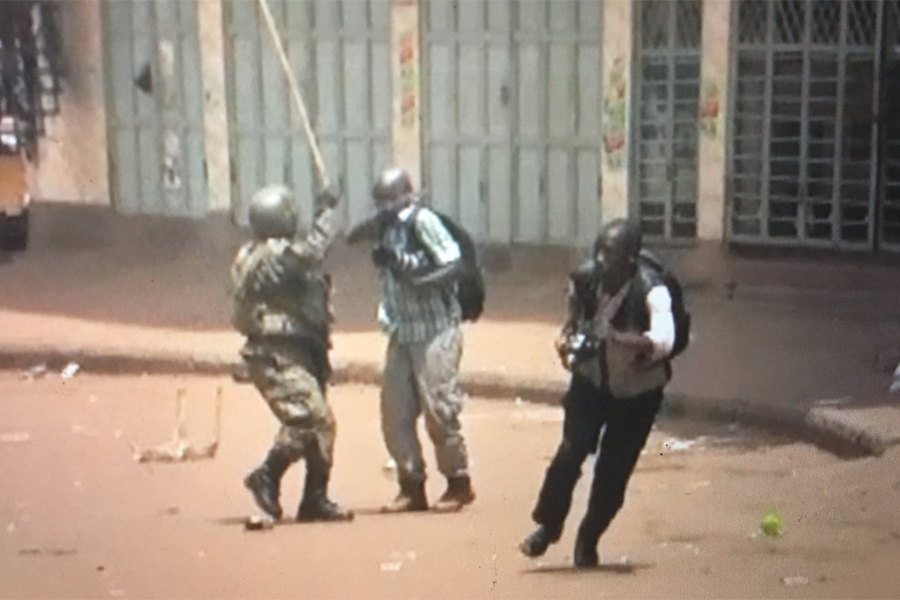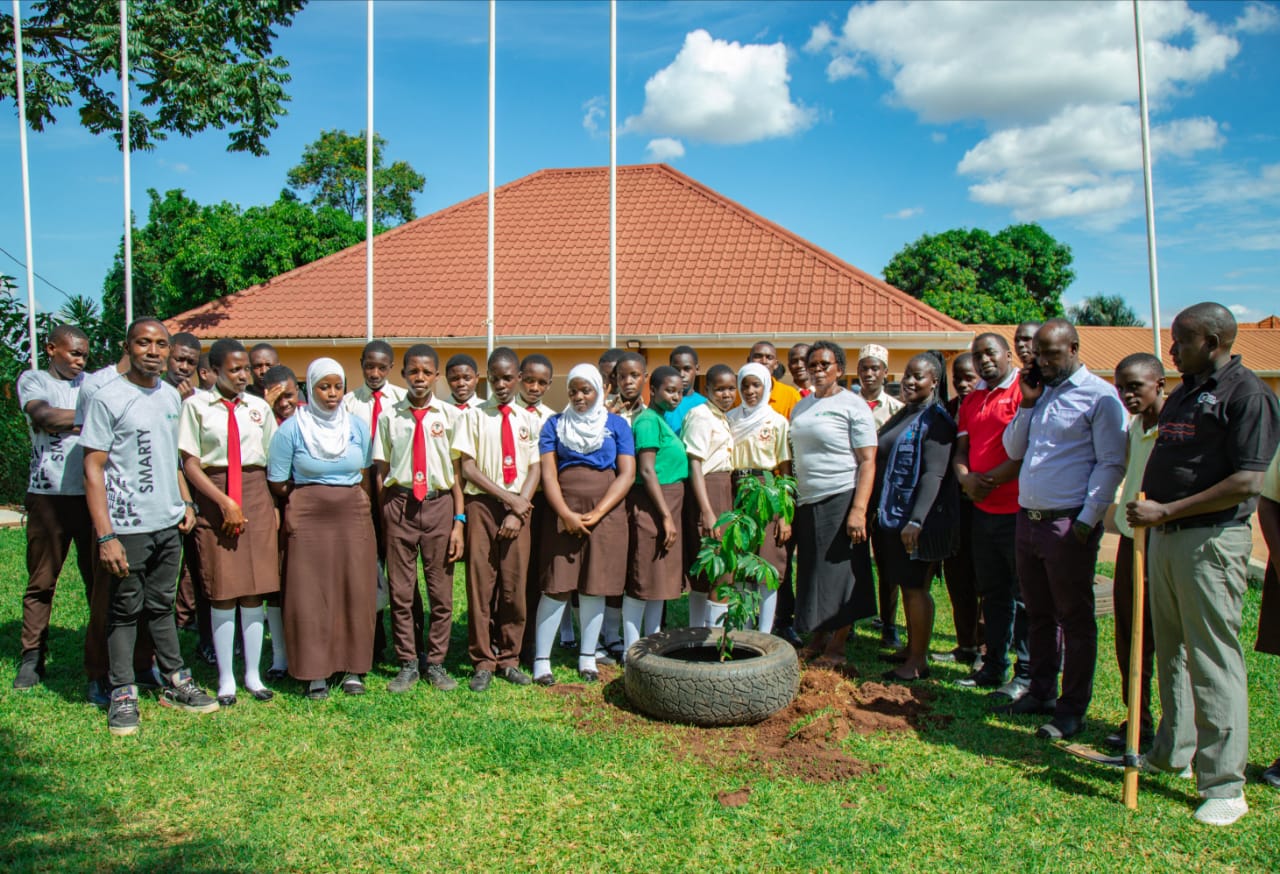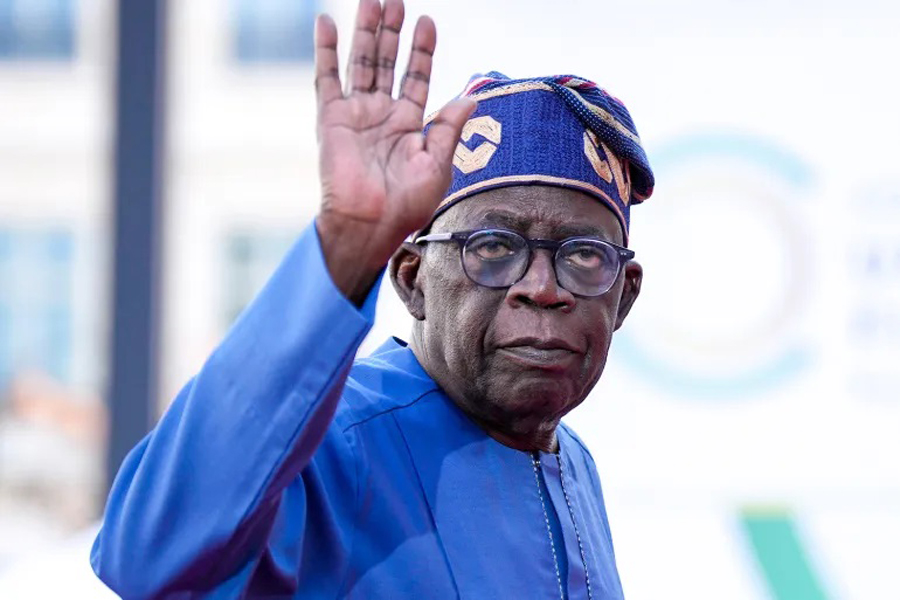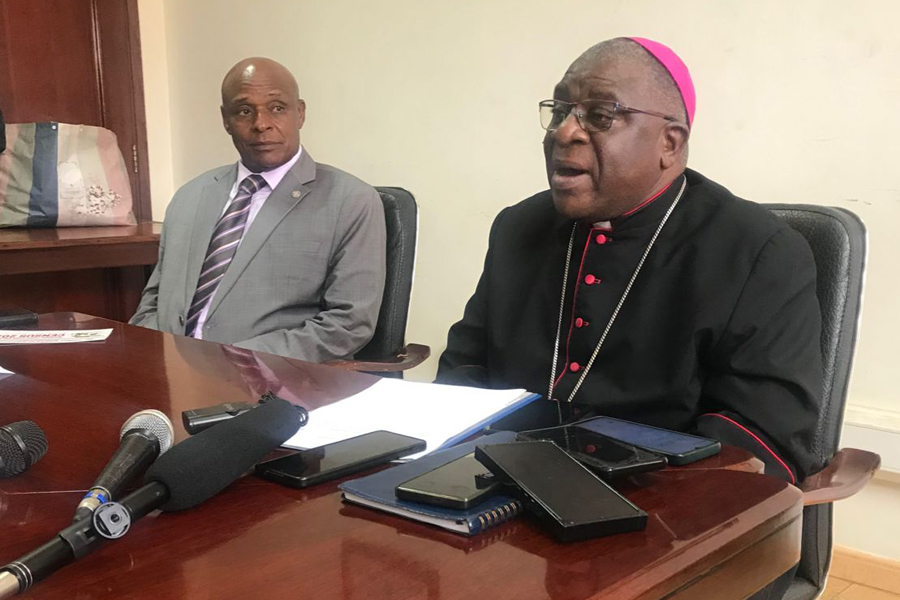DP to petition Speaker over exclusion by LoP

Peter Okot, the Democratic Party Whip, has brought to light simmering tensions within the opposition in parliament. Okot's remarks underscored significant concerns regarding excluding the Democratic Party (DP) from key decisions within the opposition bloc.
The party has resolved to petition the parliament speaker to streamline the rules of engagement in parliament. Okot called for greater inclusivity within the opposition's decision-making processes in parliament.
Keep Reading
Okot revealed that while opposition parties ostensibly collaborate in parliament, the DP faces a troubling pattern of marginalization. Despite efforts to present a united front, internal divisions threaten to undermine the effectiveness of the opposition's collective actions.
“As we know there is no party called opposition so we do work together but I must tell us that within the opposition parties, we are also opposition to each other”
“We can pretend or smile with each other for the cameras but deep inside, our working relationship is not smooth,” he said.
Okot lamented that crucial decisions, including the appointment of members to the shadow cabinet, without meaningful consultation with DP and other opposition parties. This exclusionary approach, according to Okot, leads to divided loyalty among party members appointed to the shadow cabinet.
“That makes it very difficult for a party to have a say, because an individual member of parliament may have negotiated the position, and so where does he put the loyalty, to the party or to the person who appointed him”
Furthermore, Okot highlighted instances where the role of the Leader of the Opposition fails to reflect the diverse perspectives of all opposition parties. He expressed concerns that decisions made by the leader may not always align with the views of DP and other opposition factions, leading to internal discord and a lack of cohesive action.
“There are many activities that the office of the leader of opposition comes up with which ordinarily would have been that members from the opposition would have gone through before it comes out, at times we also get to know about it as visitors like the members of the public. That makes it very challenging in the way we are perceived outside in the general context of members from the opposition.”
“The DP chief Whip said claiming that there was even no formal invitation by the NUP chief Whip to attend the presentation of the alternative budget in parliament”
In light of these challenges, Okot has called for greater consultation and inclusivity within the opposition. He advocates for a more transparent and communicative approach to decision-making processes, including the formation of the shadow cabinet. Without such measures, Okot warns, the opposition risks further fragmentation and ineffectiveness in parliament.
Article 82A(c) of the Constitution and Rule 14 (2) of the Rules of Procedure of Parliament, empowers the LoP in consultation with his/her party leadership to appoint a shadow cabinet from members of the Opposition in Parliament.” Okot said.
The shadow cabinet is mandated to provide alternative policy recommendations to the government on the floor of Parliament and to put the government in check.
In a unified stance echoing the sentiments expressed by Okot, the DP General Secretary Gerald Silanda, has underscored the urgent need for solidarity within the opposition. In an exclusive interview with Nile Post, Siranda emphasized that the current perception of the opposition as synonymous with the National Unity Platform (NUP) undermines the diversity and contributions of all opposition parties.
He articulated a resolution to be presented to the Speaker, urging for a paradigm shift in how the opposition engages in parliament. "We want to take a resolution to the Speaker that the opposition is not looked at as basic opposition but as parties that feed into the Leader of Opposition," Siranda asserted.
Rabi Gershom Shizom Wambede, a veteran politician and former Member of Parliament for Bungokho North, has associated DPs woes to its ties with the ruling National Resistance Movement (NRM).
He contends that a faction aligned with the ruling party cannot genuinely claim to be part of the opposition. Therefore, he believes it is justified for the leading opposition party to isolate any faction leaning towards the ruling party.
Additionally, Gershom traced the habit of appointing party members trend to the ruling party's practice of appointing opposition members to cabinet positions without consulting their parties. He points out an instance where DP's leader, Mao, became a minister without consulting DP, questioning why DP should expect consultation for shadow cabinet appointments.
Gershom acknowledges the existence of dissenting voices within DP but argues that the ruling NRM intentionally perpetuates divisions within opposition parties, citing examples such as the Uganda People's Congress (UPC), DP, and Forum for Democratic Change (FDC).
He describes it as playing into the hands of the ruling party and calls for deliberate efforts to level the political landscape for the benefit of all parties.
His remarks highlight the complexities and challenges within Uganda's political landscape, particularly concerning the relationship between opposition parties and the ruling party.


